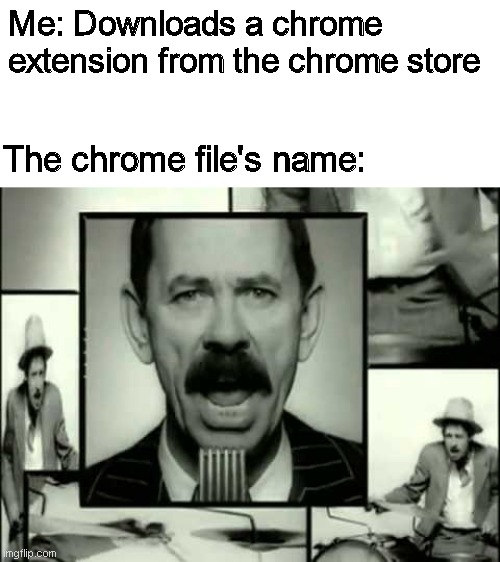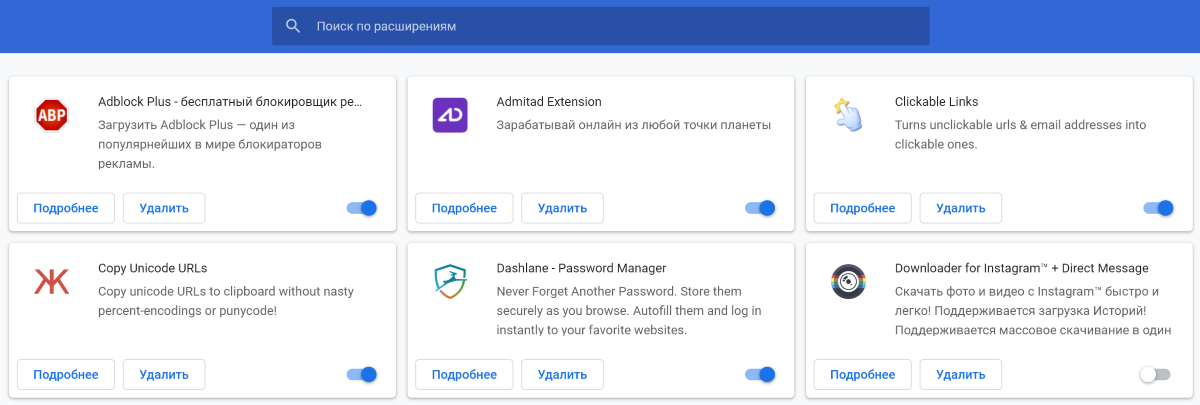

- #Google chrome store sqlitemanager extension how to
- #Google chrome store sqlitemanager extension download
- #Google chrome store sqlitemanager extension free
#Google chrome store sqlitemanager extension free
It can browse local database files or server-side database links. Google Tag Assistant (Legacy) is a free Chrome extension that helps you make sure your Google tags such as Google Analytics, Google Tag Manager, Adwords. This is the part 2 video of SQLite Database Tutorial. The 'SQLite Viewer' extension is a simple-to-use SQLite viewer and editor.
#Google chrome store sqlitemanager extension how to
#Google chrome store sqlitemanager extension download
You can download from Mozilla Addons site.

You should note you can only access your storage from the background page (no content scripts) so you'll have to use messaging for that.After installing the addon, the SQLite Manager is accessible through Tools menu (Click Customize and drag SQLite Manager icon into the Menu if not found by default). SQLite Manager for Google Chrome in Chrome with OffiDo. SQLite Manager by Lunu manage, edit, manipulate, plot and save one or multiple SQLite databases simultaneously You'll need Firefox to use this extension Download Firefox and get the extension Download file 10,927 Users 118 Reviews 3. Products o - Apps Productivity - Apps Images & Graphics - Apps Video & Audio - Apps Messaging - Apps Education - Apps. Save it to the localStorage variable which will always remember what you store in it SQLite Manager for Google Chrome OffiDocs Chromium to be run free as Chrome web store extension. Var data = document.getElementById("this_input").value Google Chrome implements some features of HTML5, and it is one of them. More info on how these shenanigans work here: Save data to storage across their browsers.Ĭ( ] Unlike localStorage, this is accessible from content scripts as well. 5 Answers Sorted by: 64 Chrome extensions are stored in your filesystem, under the Extensions folder, inside Chrome's user data directory. You can now leverage Google Chrome's storage API to do this as well.


 0 kommentar(er)
0 kommentar(er)
